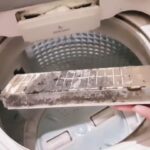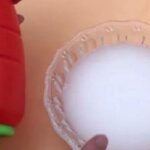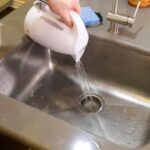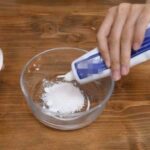Hot water can be effective in removing stubborn grease and grime. For this reason, many people pour hot water into their kitchen sinks to clear grease, unclog drains, eliminate odors, or dispose of water used to blanch vegetables. However, this practice can also lead to some potential issues.
Drawbacks of Pouring Hot Water Down the Sink
– Accelerated Aging of Pipes
Most kitchen drain pipes are made of plastic. While modern plastics can withstand high temperatures, consistently pouring hot water down the drain will accelerate the aging process.
This means you may have to incur additional costs for repairs or pipe replacements earlier than expected.
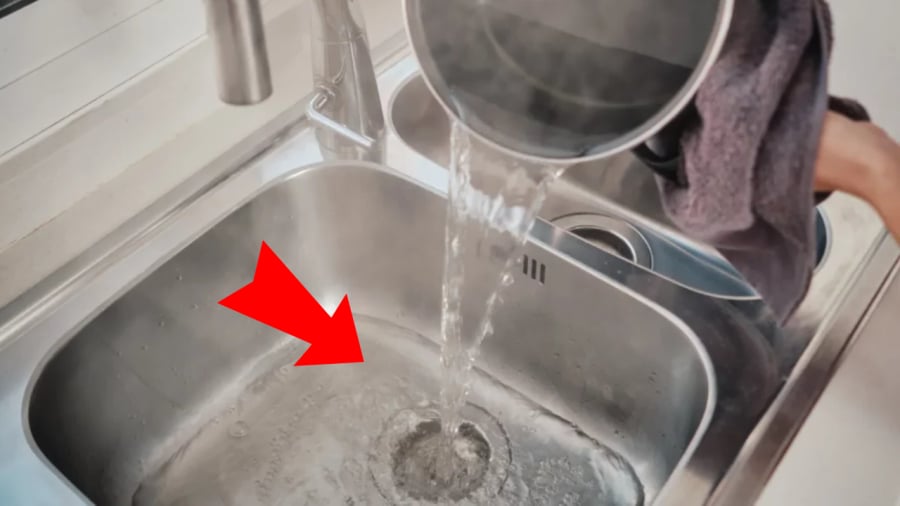
Pouring hot water down the sink can lead to more problems than you think.
– Deformation and Cracking of Pipes
The quality of drain pipes can vary. If your home has pipes made of PVC plastic, caution is necessary.
PVC pipes typically can’t handle temperatures above 60°C. However, water used for blanching vegetables or boiling water can reach temperatures of 90-100°C. Pouring such hot water down the drain can cause the pipes to deform due to excessive heat, leading to cracks and leaks over time.
Alternative Tips for Unclogging Drains and Odor Removal
Using Detergent and Vinegar
In case of a grease-clogged drain, mix some vinegar with detergent and add 3 cups of hot water. The strong cleaning power of detergent, enhanced by vinegar, will effectively break down the grease.
Baking Soda, Vinegar, and Salt Mixture
Mix baking soda and salt in a 1:1 ratio and have 200ml of white vinegar ready. Pour the baking soda and salt mixture into the drain, followed by the vinegar. Cover the drain and let the mixture work for 1-2 hours. Then, pour hot water down the drain to further clean the sink and remove any remaining debris.
How to Properly Dispose of Grease
Instead of using hot water to clear grease from your drain, consider the following tips:
Firstly, never pour cooking oil or grease directly into the drain. While these substances are liquid when hot, they tend to solidify as they cool down. This can lead to clogs as the grease combines with other debris in the pipes, and it can also cause unpleasant odors in your sink.
To unclog drains, consider using dedicated clog-removing products. These products contain dissolving enzymes that can emulsify grease, preventing it from forming solid clumps in your pipes.
These enzymes are capable of traveling the full length of your pipes, ensuring thorough cleaning. Additionally, these products are excellent disinfectants.
You can use these clog removers to clean drains in your kitchen, bathroom, and other areas. Just be sure to read the instructions on the product’s packaging before use, and always opt for products with clear labeling and ingredient lists.
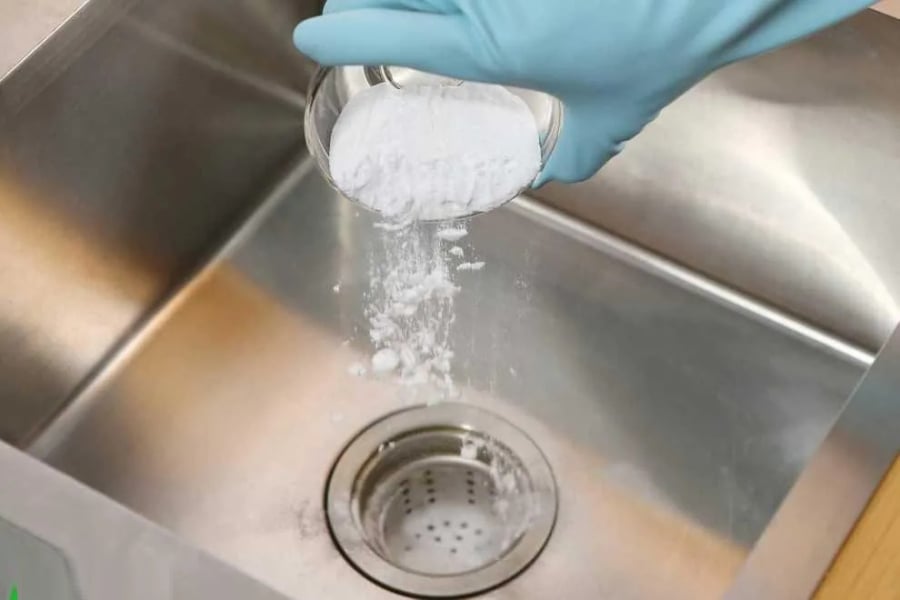
Using a drain-cleaning powder
Tips to Prevent a Clogged Sink
– Pick out food scraps and garbage after preparing ingredients and washing dishes.
– Don’t pour grease or leftover food down the sink.
– Use a garbage disposal and remember to clean and replace it periodically.
– Occasionally pour hot water down the drain, even if it’s clogged, to wash away any remaining grease.
– Use a metal hook to retrieve large items that may have accidentally fallen into the drain.
– Avoid using water with high levels of sediment, mud, or dirt, as this can clog both the pipes and the faucet.
– Utilize simple, at-home tools to unclog your kitchen sink.
“The Surprising Benefits of Mixing Toothpaste and Salt: A Little-Known Hack”
Introducing a revolutionary dental care duo: toothpaste and salt. But what happens when you combine these two seemingly ordinary substances? Uncover the intriguing effects of this dynamic duo as we delve into the unique benefits they offer for your oral health. Prepare to be fascinated by the powerful combination that takes your dental care routine to the next level!
























